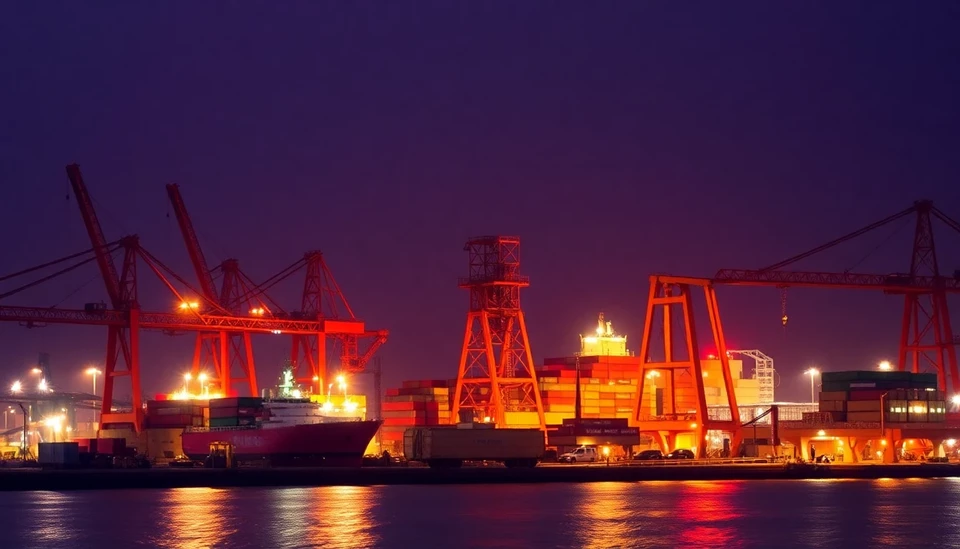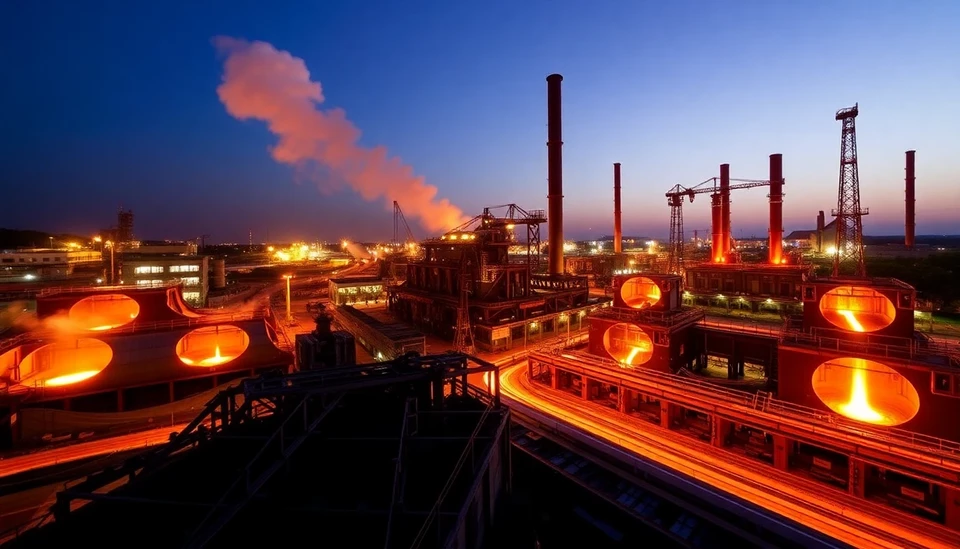
The landscape of China’s copper market is currently under scrutiny as the leading importer, Hong Kong’s China Minmetals Corp., is calling for additional stimulus measures to invigorate demand within the sector. As economic uncertainty looms and growth rates struggle to match previous years, the implications for trade and pricing in the copper market are significant.
According to officials at China Minmetals, the existing economic stimuli have not yielded the desired effect on copper consumption. They emphasize that further policies are necessary to bolster domestic demand, which plays a crucial role in global copper trading dynamics. Adverse market conditions, coupled with sluggish industrial activity and an overall cautious approach from businesses, have led to a notable decline in copper imports compared to pre-pandemic levels.
The copper market is intricately linked to a range of crucial industries, including construction, electronics, and renewable energy sectors. As China has been the largest consumer of copper worldwide, any shifts in its demand profile can substantially affect the global market. With growing concerns over slower economic growth, analysts are closely monitoring how policies, such as infrastructure spending and incentives for construction, could help revive the sector.
Amidst these challenges, investors are weighing the potential for recovery as China's leadership navigates economic policies. The recent downturn in the real estate market, which heavily relies on metal commodities for construction, serves as a critical factor influencing demand. As residential and commercial projects stall, the ripple effects on copper purchases become more pronounced, raising alarms among stakeholders in the mining and trading sectors.
Experts recommend a balanced approach that includes enhancing existing policies while introducing new initiatives focused on stimulating consumer confidence and industrial production. These strategies might include increased funding for infrastructure projects and cherished sectors like green energy, which heavily depend on copper for components such as electric vehicle batteries and solar panels.
In summary, China's copper market is at a pivotal moment. The narrative from importers like China Minmetals outlines a pressing need for proactive measures to reinvigorate demand. The outcome of this situation not only affects local markets but also resonates across global supply chains. Stakeholders in the mining and metal industries await further developments, hoping for rapid policy adjustments to stabilize and foster a more robust demand for copper in the near future.
In light of these developments, market participants remain vigilant as they anticipate the government's next moves to rejuvenate economic activity and, by extension, copper consumption.
#ChinaCopper #MetalMarket #EconomicStimulus #ChinaMinmetals #CopperDemand #GlobalTrade #IndustrialGrowth
Author: John Harris


